“I noticed that it’s Organic September in the UK and it got me thinking! Obviously organic foods are more expensive than non-organic, and I was wondering whether they are worth the additional cost? What are your thoughts?”
Clinical Nutritionist, Suzie Sawyer answers:
My advice is to eat organic as much as possible. While a small number of pesticides are permitted in organic foods (around 20 only derived from natural ingredients), this is minimal compared to the 300 or so used in regular farming.
How the body deals with toxins
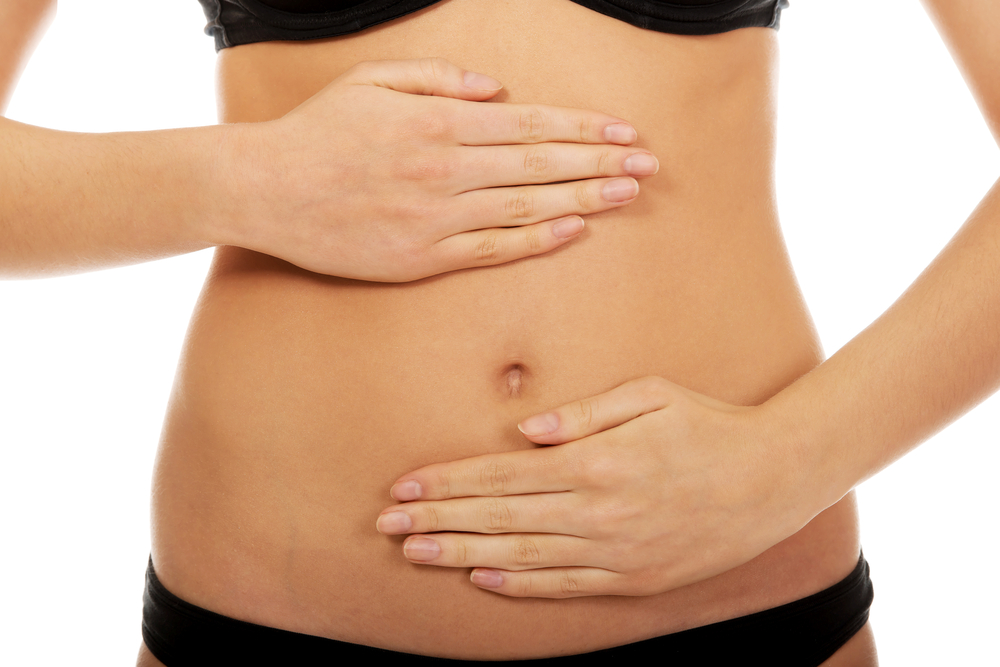
The body must detoxify any pesticides and, while there is a mechanism for this, if you don’t happen to detoxify that well, or you have a high toxic load in the body generally, this can adversely affect health. The liver has several detoxification pathways with specific enzymes for pesticides and moulds. The good news is that these can be supported by eating more carrots, parsley, parsnips, and celery. Vitamin C is also great for helping the liver detoxify so eating plenty of fruits and vegetables is as always important.
What to buy on a budget
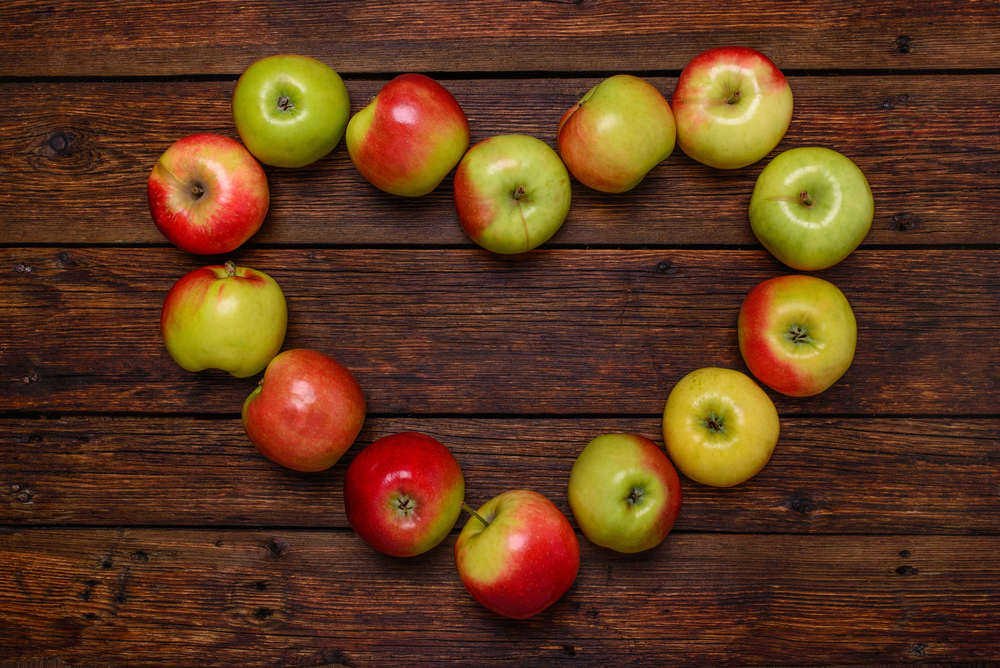
It might be worth prioritising the organic products you choose if budget is an issue. Aim to go organic for any fruits and vegetables that are generally eaten with the skin-on (apples and aubergines are a great example) as the pesticides are absorbed into the skin. Avocados for example aren’t so much of an issue.
Organic eggs, chicken and milk are also much better to buy because the non-organic versions come from animals that are fed growth hormones (and plenty more besides) to make them bigger, and these chemicals are eaten in the food chain. One of the many health issues we have right now are hormone imbalances and weight gain. Much of this is down to endocrine disruptors within the foods, and this is problematic at a young age (especially in teenage girls).
Organic fish
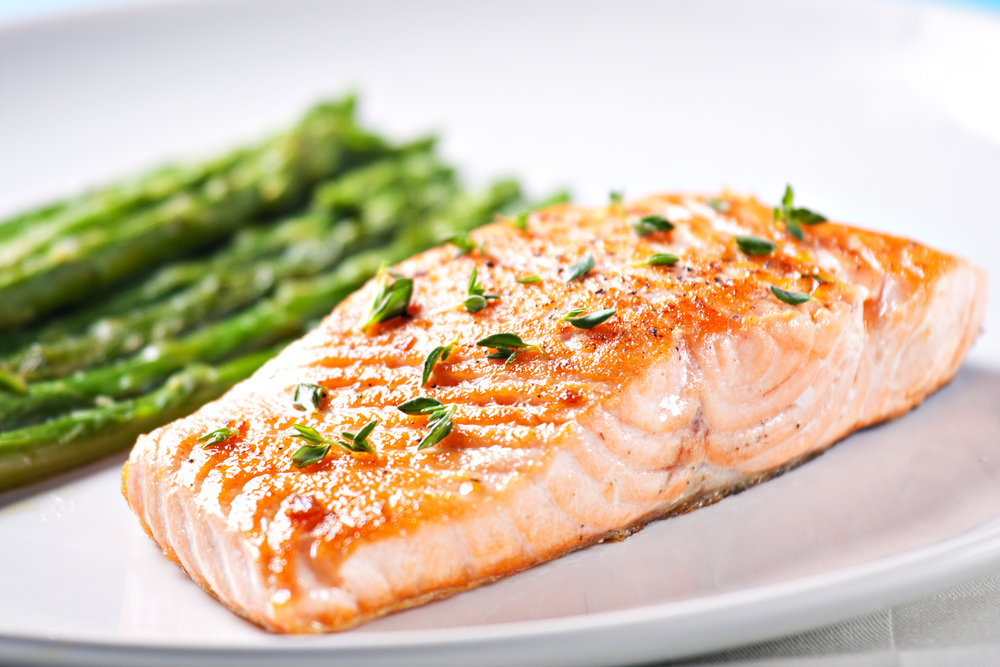
With regards to fish, this is a tricky one because it’s not easy to find organic varieties. This is of course because it’s hard to contain fish in big oceans! However, wild fish are great if you can buy them in the supermarket or fishmongers as they will feed on what they naturally find.
Wild salmon is much pinker than normal salmon, because it feeds on algae that contains astaxanthin, a powerful antioxidant and great for health. Obviously, we don’t have any control over the pollutants in the oceans and seas, so having a balance between plant and animal foods is good.
Animal welfare and sustainability
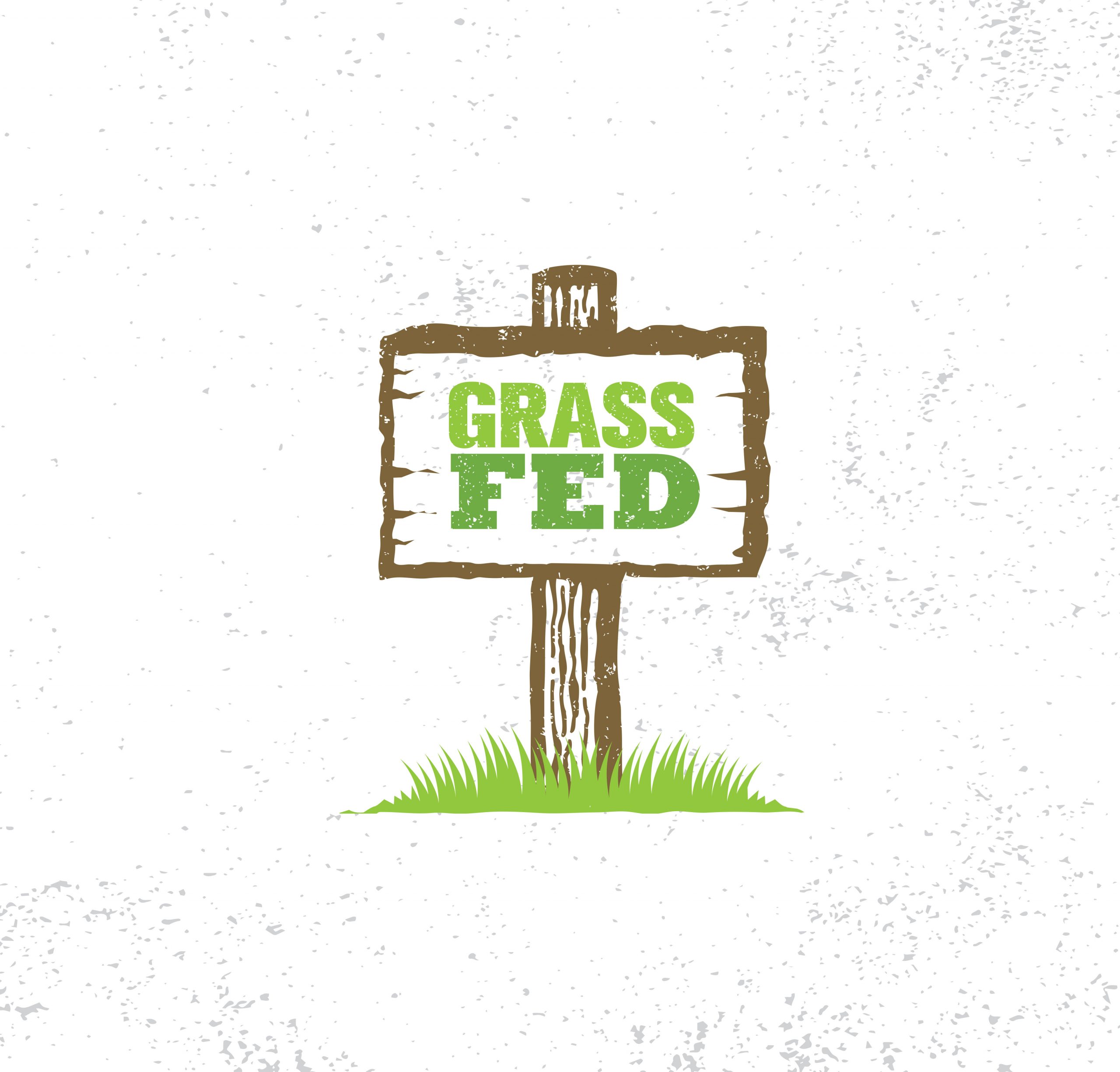
There is also the big issue of animal welfare. Despite all the pretty pictures on foods, the animals are often kept in unnatural environments, sometimes with overcrowding. And, of course, we’ve all seen the images of battery chickens which makes such distressing viewing.
We also hear the word ‘sustainable’ used frequently in the context of many foods which is an ongoing issue for us all. Organic farmers must prove they are working using sustainable farming methods which is another plus.
If you can afford to buy some organic foods, it’s certainly worth it, plus the fruits and vegetables are much tastier too!

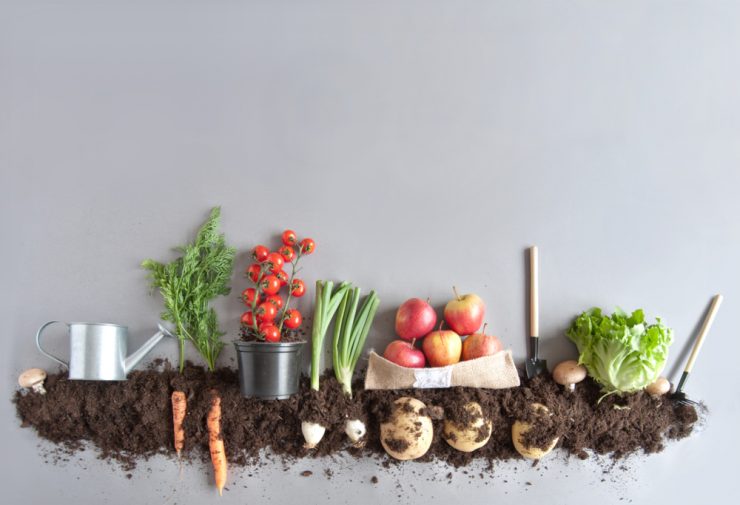






















Add comment